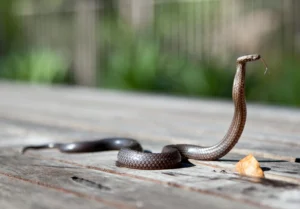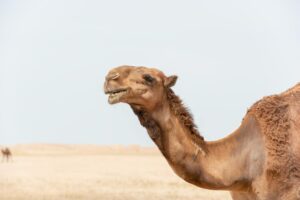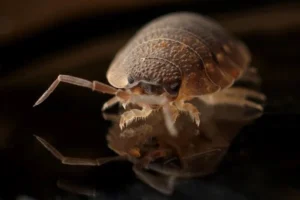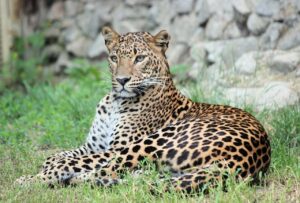Study shows ‘imminent danger’ to animals
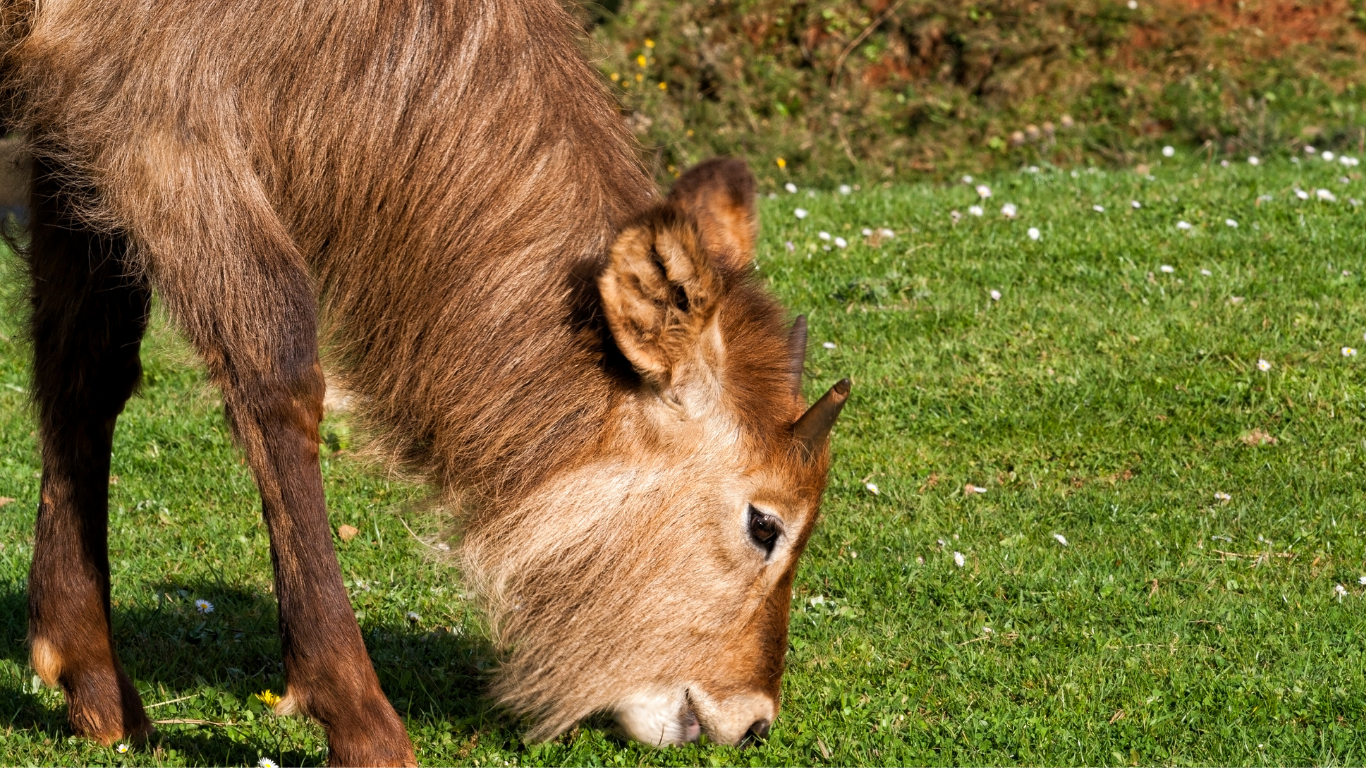
A new study showed interesting information about the animal world, where it indicated that animals that eat herbs are more vulnerable to extinction than predators.
Herbivores face a greater risk of extinction than those predators or slashes (which feed on plant and animal foods), whether they are mammals, birds, or reptiles, as shown by a recent study published by the magazine “Siens Advans.”
There is a greater risk to herbal reptiles, such as turtles, and large herbivores, such as elephants, but this trend is true regardless of the natural location of animals (e.g. deserts or forests) and dynasty (mammals, birds or reptiles), according to this analysis, which dealt with more than 24,000 and 500 species of living or extinct animals.
The authors of the study from several university institutions, including Utah and Imperial College London, pointed out that predators are often perceived to be the most vulnerable because of the vast areas in which they spread and the low rate of increase in their numbers, and because several studies focused on specific types of animals facing a real risk.
Researchers said, “We have come to the level of animals in the food chain and size are important factors in determining the risk of extinction.”
Trisha Atwood, the main subject of the study, explained that “there are so many published data that it is sometimes sufficient for someone to organize them.”
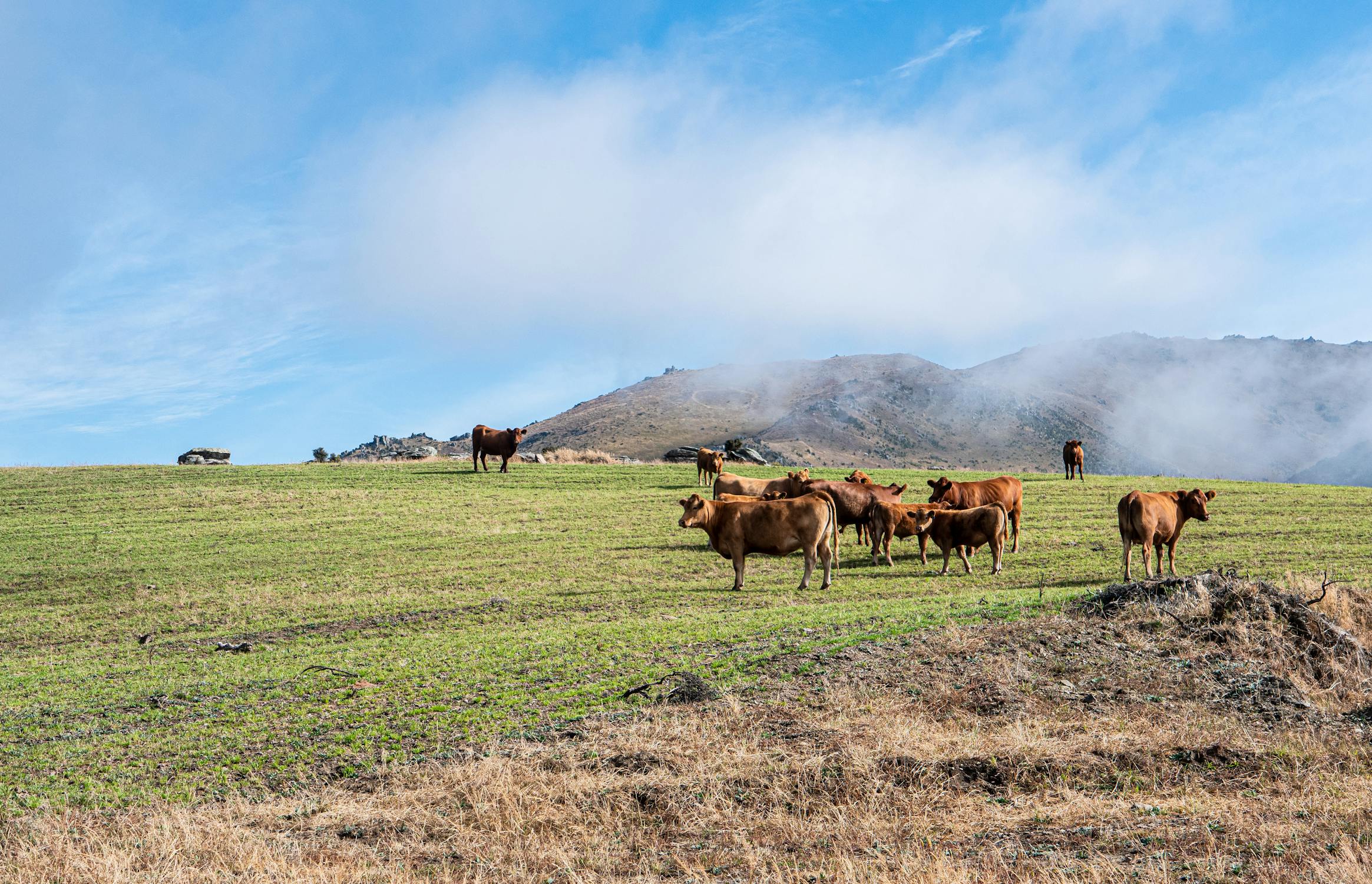
Researchers ‘ data covered animals from historical periods ( 11,000 years ago) and from more modern ages (500 years ago) to contemporary animals. The abstracts were similar.
Almost a quarter of the herbivores studied are currently at risk of extinction, as classified by the International Union for the Conservation of Nature (IUCN). Also, 100 percent of the reptiles in the marine community are at the same risk.
On the cause of the greatest threat to herbivores, researchers make the assumption that invasive species, be they rats, insects or plants, disproportionately affect herbivores, as compared to predators or kettles.
